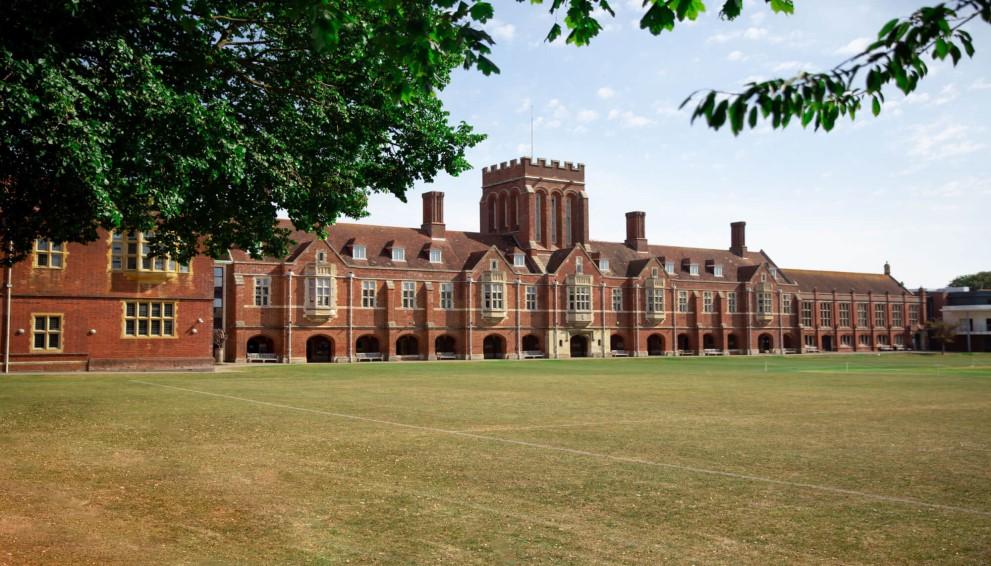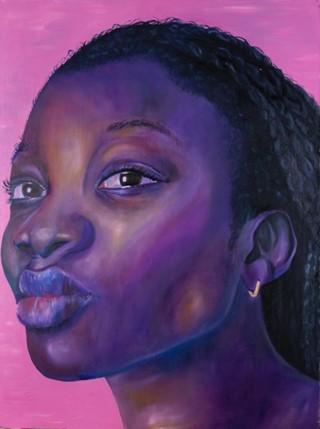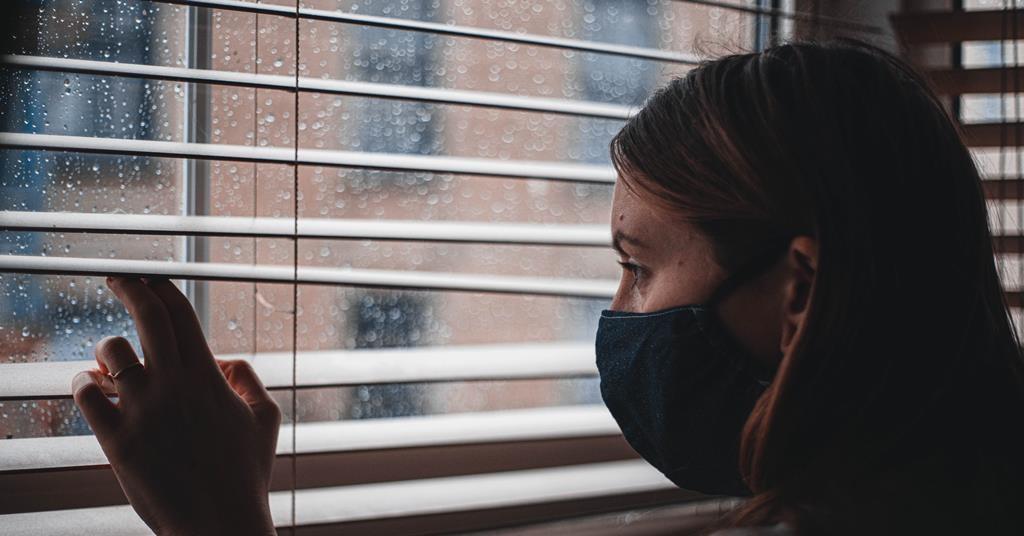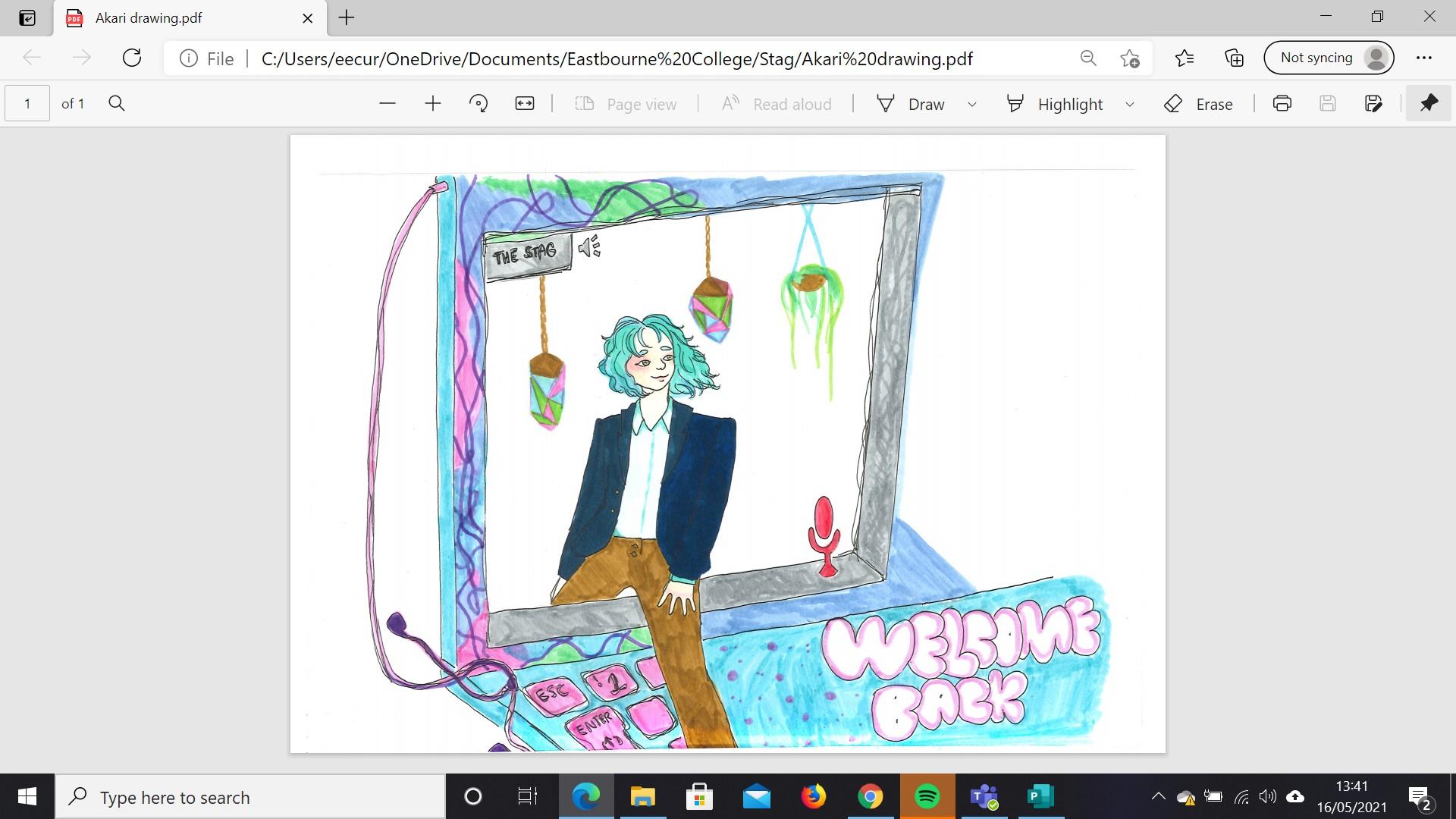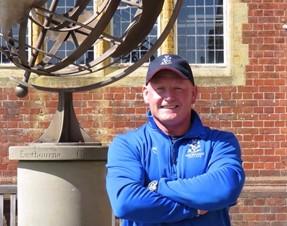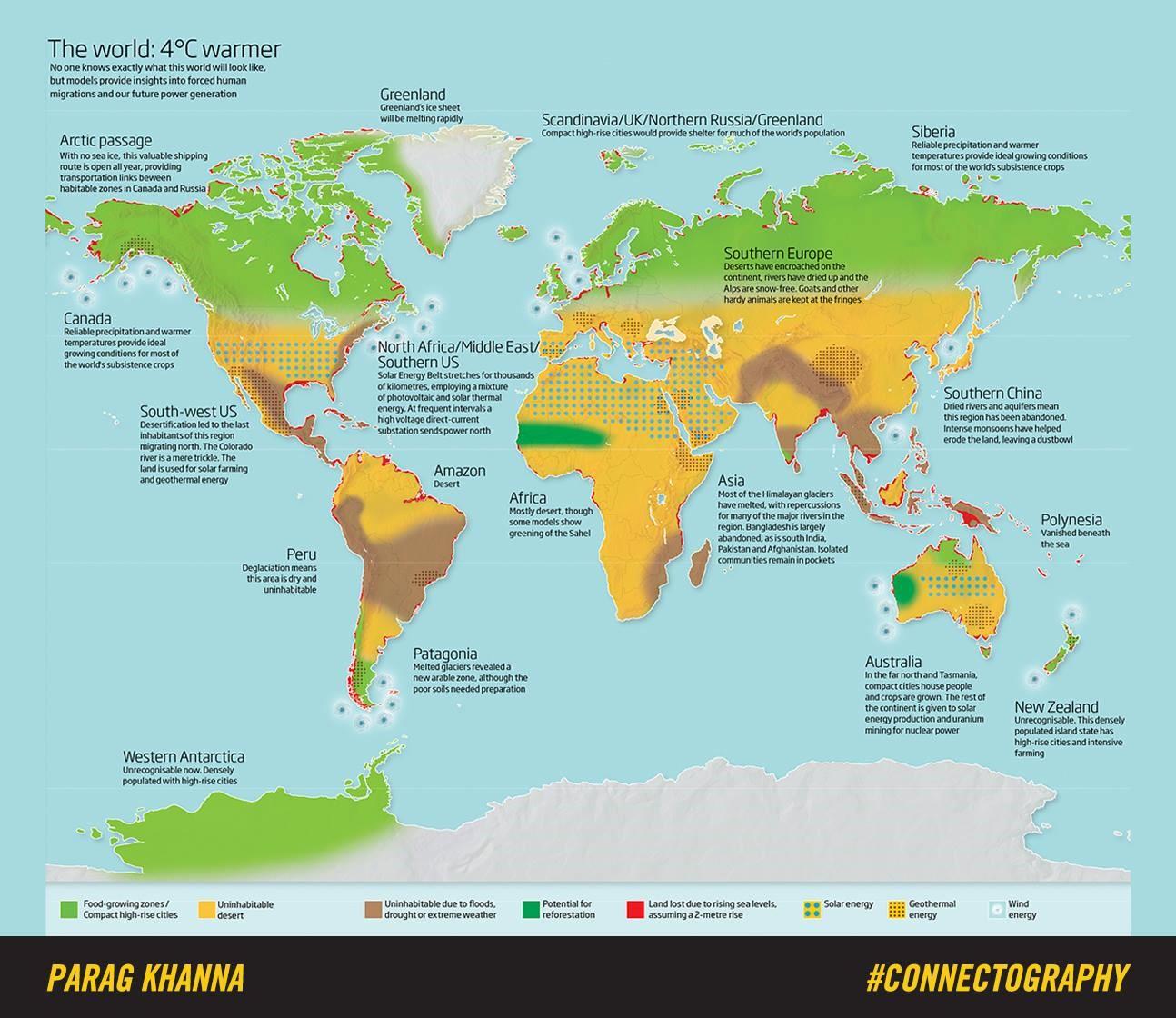
4 minute read
Book Review
from The Stag Issue 5
by TheStag.
BOOK REVIEW ‘Trust Me I'm a Junior Doctor’
This non-fiction book follows the experience of junior doctor Max Pemberton through the highs and lows of being a junior doctor on the NHS. It is an insightful book, depicting how it is to actually be a doctor without glamorising aspects of it. From this book I gathered that to choose to be a doctor isn’t just a job but also a lifestyle, one in which you get frequent on-calls and emergency patients. As things changed drastically for Pemberton throughout the course of his two years as a junior doctor, he had to learn how to adapt, even to push himself to do things that he didn’t want to do such as a six month surgical round in his first year as a junior doctor.
Advertisement
But he also highlighted the rewards of being a doctor, such as helping elderly patients on a geriatric ward or seeing the instant change in the health of a patient post-surgery. A very poignant part was when he met one of his previous patients outside of work and saw how much they had recovered. This underlying pride of being a doctor and of making a difference helps me to see over the difficulties of the job that he also presented. Some of these difficulties were presented in a humorous way, such as accidently missing his sister’s birthday for work and then accidently waking her up by calling her to say happy birthday on his night shift. Yet other harrowing passages were unflinching. One specific section that has stuck with me was one in which an elderly man came to hospital with injuries which had resulted from not being cared for, specifically by being neglected, in his care home. In these situations and others, I realised that the role of the doctor can be broad but also limited. A doctor can help a patient gain better health but not help them with other aspects of their life as much as they want to- they have to maintain that professional relationship. The ever-presence humour repeatedly offset the somewhat strenuous consequences socially and sometimes mentally of being a doctor, and at times where he wrote about when he’d wanted to quit, or how much he wished that he had the time to be with family or just how he wanted a holiday he did so in a funny way which made the book engaging and memorable.
I think that this book should be read by anyone, not just those interested in medicine, because it gives an insight into a career which is often misrepresented in media and underappreciated. Although at least now after all the work done by healthcare professionals during this pandemic, people have gained a better appreciation for workers of the NHS.
For this issue of The Stag, I suggested I would write a quick article on ten things to do to fight climate change. Nothing complex, a quick article that I could knock out in half an hour over the Easter Holidays.
But as I began writing it, I realised that I was struggling to think of anything beyond the first point I had written - to vote. Obviously, the majority of the College aren’t old enough to vote as of yet. But you will be.
In the fight against climate change, it often feels as though it’s been left to us. We’re called upon to examine our carbon footprint, to ensure that we’re recycling, that we’re not driving unnecessarily.
All of these things have a place, and I’m not going to say that they’re useless. Of course, by avoiding the drive to work you’re reducing your own personal emissions - but ultimately that’s a drop in the ocean.
Here’s the fact of the matter: 71% of the world’s emissions since 1988 come from 100 companies. This isn’t news. It was concluded by the CDP’s Carbon Majors Report in 2017.
So why are we being repeatedly told that climate change rests, in part, on our shoulders? - if all of us boycotted palm oil from tomorrow then the effect would be drastic. But the fact is that it’s near-impossible to organise a boycott on a sufficient scale.
If you’ll indulge the cynic in me for a moment, it’s always worth noting that one of the first attempts at a personal carbon footprint calculator was developed and popularised by BP. It seems awfully convenient for them to take the blame off of their shoulders and onto the general public, doesn’t it?

Mr Medlycott has recently taken over the Eco Committee. When he asked if I wanted to join, he suggested that the focus on the committee should lie not in beach cleans and recycling paper (though these are of course helpful activities) but in inspiring the young people that are going to go on to become leaders (and voters) in our society.
I am firmly of the belief that true action on climate change can only come from the top. We need regulation, subsidies and funding to emerge from this crisis - all the recycling bins in the world cannot accomplish this.
So, if you’re going to take one thing away from this article, I implore you to vote. I implore you to write to your MPs. I implore you to take advantage of the democracy that we live in. Action on climate change should not be a matter of party politics. It will affect all of us no matter which side of the political spectrum you stand on.

